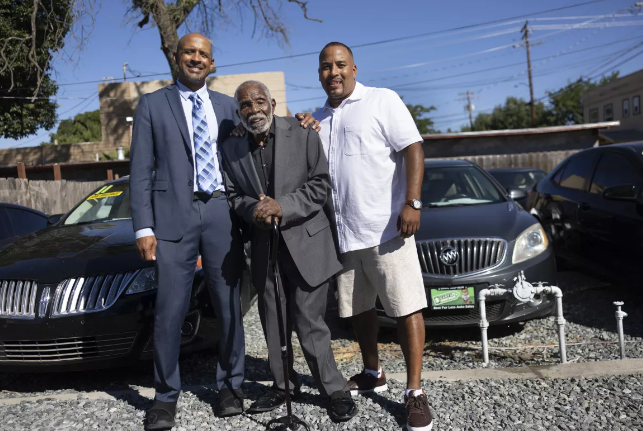California Reform Bills Led to Taxpayer Savings, Shorter Terms
Passing SB 1437 & SB 775 led to around 1B saved to taxpayers, over 11,000 years erased from prison terms.

For several years, California law allowed for people to be charged with first-degree murder if they were involved in a felony that led to a killing, even if they hadn’t intended for anyone to be hurt and didn’t commit the violence themselves as a result of the felony murder law. For years, the felony murder law was used to lock up entire groups of offenders for the violent acts of one or two among them; often for decades, sometimes for life.
California Senate Bill 1437, signed into law in 2018, and Senate Bill 775, signed into law in 2021, largely restricted the filing of felony murder and other manslaughter and attempted murder charges to people who actually commit or intend to commit a killing, or who are major participants in a related felony and acted with “reckless indifference to human life.” The bills applied retroactively and allowed people behind bars on convictions and plea deals reached under the old rules to be resentenced, usually for lesser crimes, under the new rules.
According to the Office of the State Public Defender, at least 602 people in California detention facilities had their prison sentences reduced between 2019 and 2022 as a result of the two laws. That erased an estimated 11,353 years from their combined terms and saved taxpayers between $94 million and $1.2 billion in prison costs.
“This is really tangible; not only real impact on the individuals who were incarcerated under this sentence, but also their families and the rest of California,” said Senator Nancy Skinner (D9), who sponsored Senate Bill 1437 in the Legislature and worked to ensure inmates were aware of the change after it passed.
You can read the article "How 600-plus California inmates got more than 11,000 years cut off their prison sentences" by Kevin Rector with the Los Angeles Times. The article discusses the benefits of these modest reforms to California's felony murder laws, as well as stories of formerly incarcerated persons who directly benefitted from the two bills, eventually gaining release from prison after being sentenced to life without prison for felony murder.










